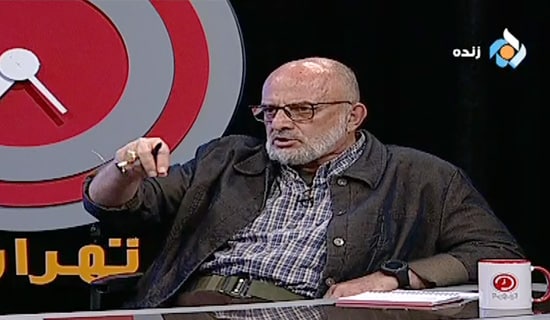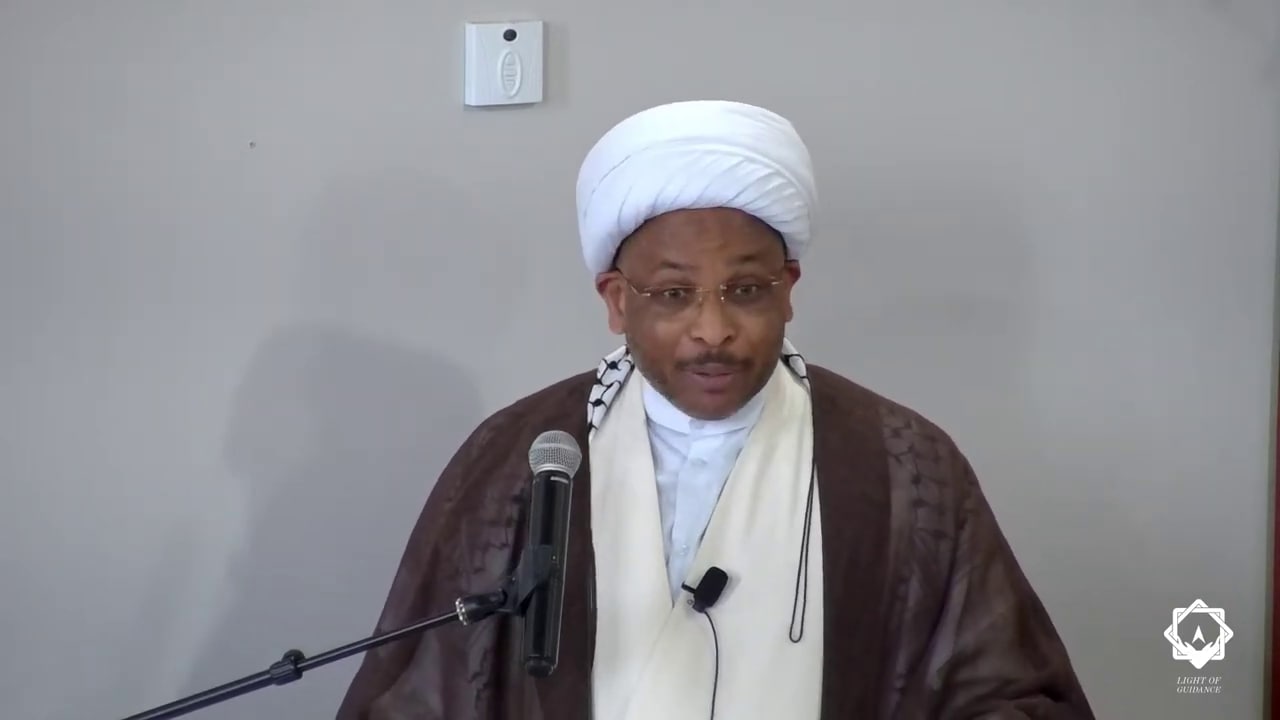
In a recent TV interview, IRGC Deputy Commander Hossein Salami described Iran's defense capabilities, saying: "We have begun to develop highly precise ballistic missiles, which will be able to identify targets moving at sea" and hit them "with 100% precision." With regard to its drone technology, Salami said that through reverse engineering Iran has produced a drone more sophisticated than the American RQ-170. He further said that Iran's "missile cities" were "completely concealed and unidentifiable, secure from conventional and non-conventional enemy attacks." "We have tried to spread our missiles all over, in a way that would enable us to fire various types of missiles simultaneously, while constantly changing the launching locations," he said. Salami was speaking on IRINN TV on February 3.
Hossein Salami: "Today, we must deal with the aircraft carriers by increasing the accuracy of our ballistic missiles, so that when the aircraft carriers enter our operational range... As soon as the aircraft carriers reach the range that would allow their aircrafts [to attack Iran], we will be able to hit the operational targets of the enemy. Before the aircrafts are brought within this range, they have no impact. We must be capable of dealing with the aircraft carrier before it reaches this range. How? We have begun to develop highly precise ballistic missiles, which will be able to identify targets moving at sea. The system will identify the target, lock onto it, and hit it with 100% precision.
[...]
"Phased array is a very modern technology in the world. You can count the number of countries that have it on the fingers of one hand, not two. Less than five countries have that technology. Today, our radar systems have this technology.
[...]
"Today, we have drone technology that not only replicates the American RQ-170 model through reverse engineering, but even improves the technological aspects of the drone. So we produce a more sophisticated model. This aircraft can reach an altitude of 10,000 feet above the ground.
[...]
"Look, the drones we produce have a range of thousands of kilometers. They can stay airborne for many hours – 36-48 hours.
[...]
"[The enemies] know that the first bullet, the first bomb, or the first missile will lead to an unlimited war front. In recent years, the enemies have tasted nothing but defeat when dealing with us. Have you noticed this? If we did not have confidence in our defense capabilities, we would not have detained the American sailors [in January 2016].
[...]
"We are a defensive force. On the strategic level, we are a defense force, but on the tactical level, we are an offensive force. If any force poses a threat to us, we will be able to challenge it with the forces we have at every point. All the bases of our enemies in the region will face powerful and incessant blows.
[...]
"Our missile cities are located in very safe places, secure from conventional and non-conventional enemy attacks. So first of all, these are very secure places. Second, these places are completely concealed and unidentifiable. Third, there are many of them and they take various forms. There are many of them. We never put all our eggs in one basket.
[...]
"This is just one example of how we preserve [our missile power]. Not all our missiles are in the missile cities. We have tried to spread our missiles all over, in a way that would enable us to fire various types of missiles simultaneously, while constantly changing the launching locations.
[...]
"The missile issue is the most significant bone of contention we have with our enemies on the political level and with regard to the [JCPOA] deal. But we have a diverse defense package, in which the missiles constitute just one component.
[...]
"In Lebanon, Hizbullah leaves the Zionist regime without breath. The Zionist regime considers Hizbullah's force to be more powerful than its own. If Hizbullah did not exist, we would have had to reconsider [our strategy] vis-à-vis the Zionist regime. Today, the armies of Syria and Iraq constitute our defensive strategic depth."













